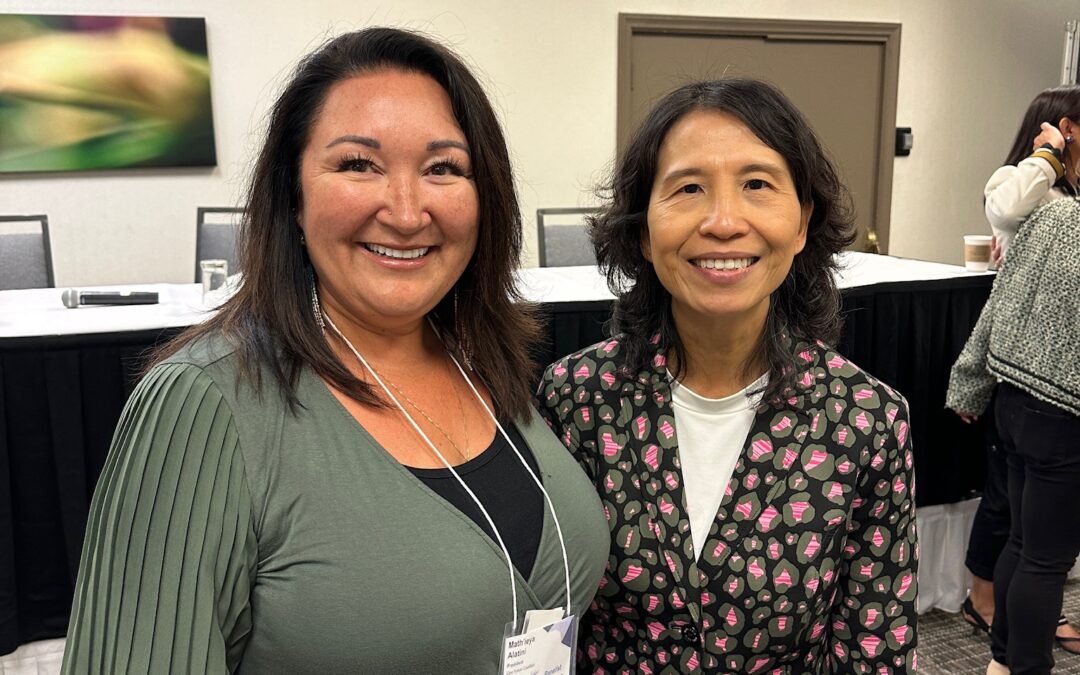Key Takeaways from the National Congenital Syphilis Conference
On February 28 and 29, 2024, One Yukon Coalition participated in the National Congenital Syphilis Conference. Hosted by the Public Health Agency of Canada, this proactive event assembled over 200 health professionals nationwide to identify barriers, exchange best practices and brainstorm innovative ways to deal with the rise of syphilis.
In the last four years, there has been a staggering 109% increase in syphilis rates across Canada.
Syphilis is a bacterial infection primarily transmitted through sexual contact (oral, vaginal or anal), skin contact with open sores and rashes, or the sharing of sex toys. Additionally, congenital syphilis cases may occur when an infected parent passes on the infection to their baby during pregnancy or birth.
Many people who have syphilis may not have symptoms, while other people may experience mild to severe symptoms. Regardless, left untreated, syphilis can cause serious long-term health harm.
Bringing an Indigenous voice to addressing syphilis, One Yukon Coalition Board Chair Mathieya Alatini participated as a panellist in the workshop “Removing Barriers to Prenatal STBBI Care in Northern, Remote, or Isolated Settings.”
In this blog post, we delve into our experience at the conference, offering insights into the collective efforts to combat syphilis and sharing key takeaways. Join us as we explore some of the critical aspects of eradicating syphilis by 2030.
Disproportionate Impact on First Nations
Policy and system changes are required to address the disproportionate impact syphilis has on First Nations communities. Research from 2021 shows the syphilis infection rate in First Nations communities is 13 times higher than the national average.
Access to Testing and Treatment
Regular testing and quick treatment are crucial to reducing syphilis rates in our communities. Unfortunately, people in Northern or remote areas and those experiencing homelessness often face difficulties in getting tested and connected to ongoing care.
Bringing point-of-care tests into communities increases access and potential for people to test without necessarily being in a healthcare setting. If syphilis is detected, wraparound services that focus on a person’s whole health are a proven tactic to ensure ongoing care.
Reducing Stigma Together
Organizations must work together to support conversations that normalize testing and empower people. A significant barrier to reducing syphilis is the feelings of shame or guilt some feel when it comes to getting tested. Regular testing helps us keep each other safe and address syphilis when identified in our community.
Rapid Self-Test Kits for HIV
Ensuring widespread access to these essential health tools can save lives. One Yukon plays a pivotal role in addressing sexually transmitted and blood-borne infections by partnering with national and local entities to create awareness and bring vital rapid testing technology to the Yukon. This work includes the facilitation and distribution of rapid and self-test kits for HIV.
We are working with Yukon Government Health, Yukon Communicable Disease Control and other front-line partners to bring rapid point-of-care testing for syphilis to Yukoners, especially those most vulnerable. To learn more about pathways to care in the Yukon, click here.
Are you ready to test? Click here to access your free test kit and more information on how to prevent HIV in our community.

